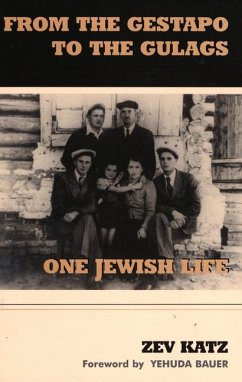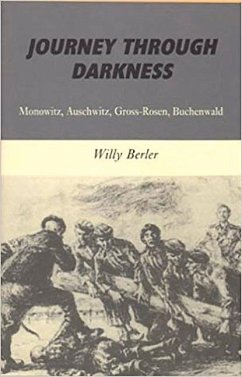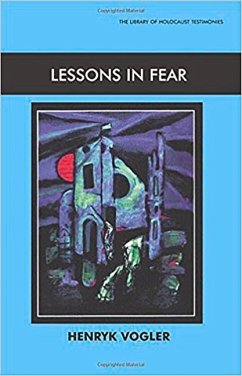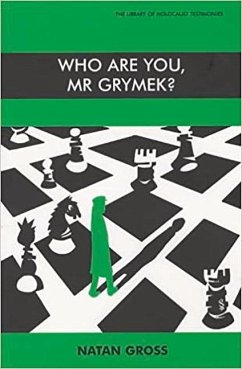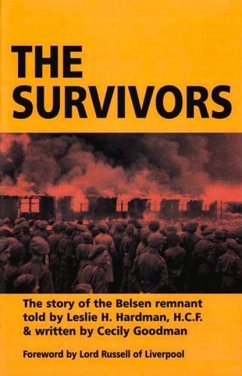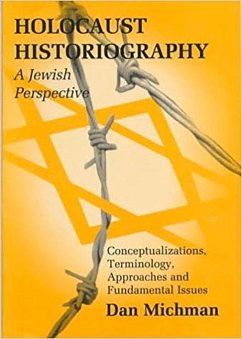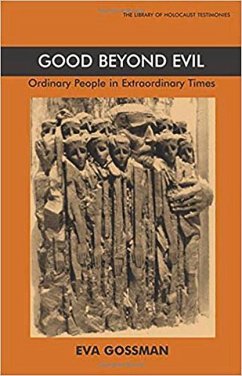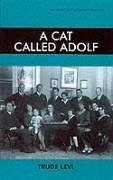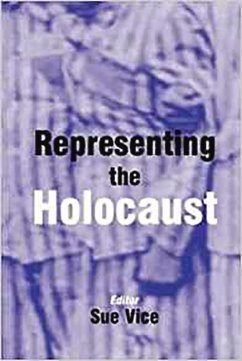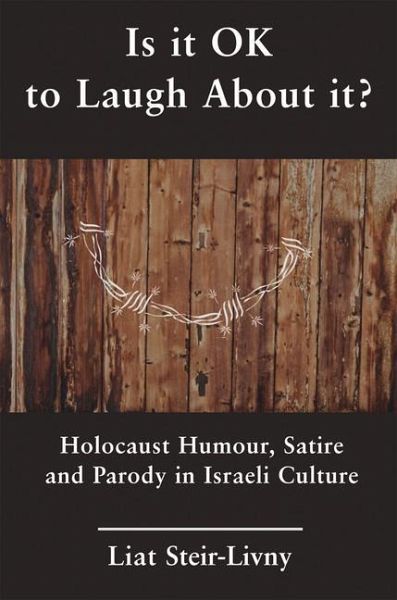
Is It Ok to Laugh about It?
Holocaust Humour, Satire and Parody in Israeli Culture
Versandkostenfrei!
Versandfertig in über 4 Wochen
27,99 €
inkl. MwSt.

PAYBACK Punkte
14 °P sammeln!
For many years, Israeli culture recoiled from dealing with the Holocaust from a humorous or satirical perspective. The perception was that a humorous approach might threaten the sanctity of its memory, or evoke feelings of disrespect towards the subject and hurt Holocaust survivors' feelings. Official agents of Holocaust memory continue to follow this approach. But, from the 1990s, a new unofficial path of commemoration has been taking shape. Texts that combine the Holocaust with humour, satire, and parody are a major aspect of it, but this remains controversial. Often, Holocaust humour is per...
For many years, Israeli culture recoiled from dealing with the Holocaust from a humorous or satirical perspective. The perception was that a humorous approach might threaten the sanctity of its memory, or evoke feelings of disrespect towards the subject and hurt Holocaust survivors' feelings. Official agents of Holocaust memory continue to follow this approach. But, from the 1990s, a new unofficial path of commemoration has been taking shape. Texts that combine the Holocaust with humour, satire, and parody are a major aspect of it, but this remains controversial. Often, Holocaust humour is perceived as part of a dangerous process that normalizes Nazism and Hitler. In opposition to these ideas, Steir-Livny claims that in Israel, a unique post-traumatic society where the trauma lives as an integral part of the present, Holocaust humour in Hebrew functions as an important defence mechanism. The book argues that Holocaust humour, satire, and parody rebel against the way this trauma affects Israeli society in the present by challenging and deconstructing the fear. The book shows that paradoxically, Holocaust humour also strengthens the dominance of the trauma in the present by inserting it even more into everyday life and popular culture. Thus, Holocaust humour, satire, and parody in Israel are a double-edged sword: on the one hand, they function as an attempt to fight the acting out of trauma in Israeli society but, on the other, they strengthen certain elements of it. This is a contradictory process of dissociation and assimilation occurring at the same time, which attests to the dominance of trauma in Jewish-Israelis' identity. This is the first comprehensive research on contemporary Holocaust humour in Israel.




